As cross-cultural migration increases democratic states face a particular challenge: how to grant equal rights and dignity to individuals while recognizing cultural distinctiveness. In response to the greater number of ethnic and religious minority groups, state policies seem to focus on managing cultural differences through planned pluralism.
This book explores the dilemmas, paradoxes, and conflicts that emerge when differences are managed within this conceptual framework. After a critical investigation of the perceived logic of identity, indicative of Western nation states and at the root of their pluralistic intentions, the author takes issue with both universalist notions of equality and cultural relativist notions of distinctiveness.
However, without identity is it possible to participate in dialogue and form communities? Is there a way out of this impasse? The book argues in favor of communities based on nonidentitarian difference, developed and maintained through open and critical dialogue.


![Muhammad (Past Masters) - First Edition [Paperback]](https://booksandbook.com/wp-content/uploads/2023/11/Muhammad-Past-Masters-First-Edition-Paperback-600x600.png)
![Multinational Firms in China: Entry Strategies, Competition [Paperback]](https://booksandbook.com/wp-content/uploads/2023/11/Multinational-Firms-in-China-Entry-Strategies-Competition-Paperback-600x600.png)
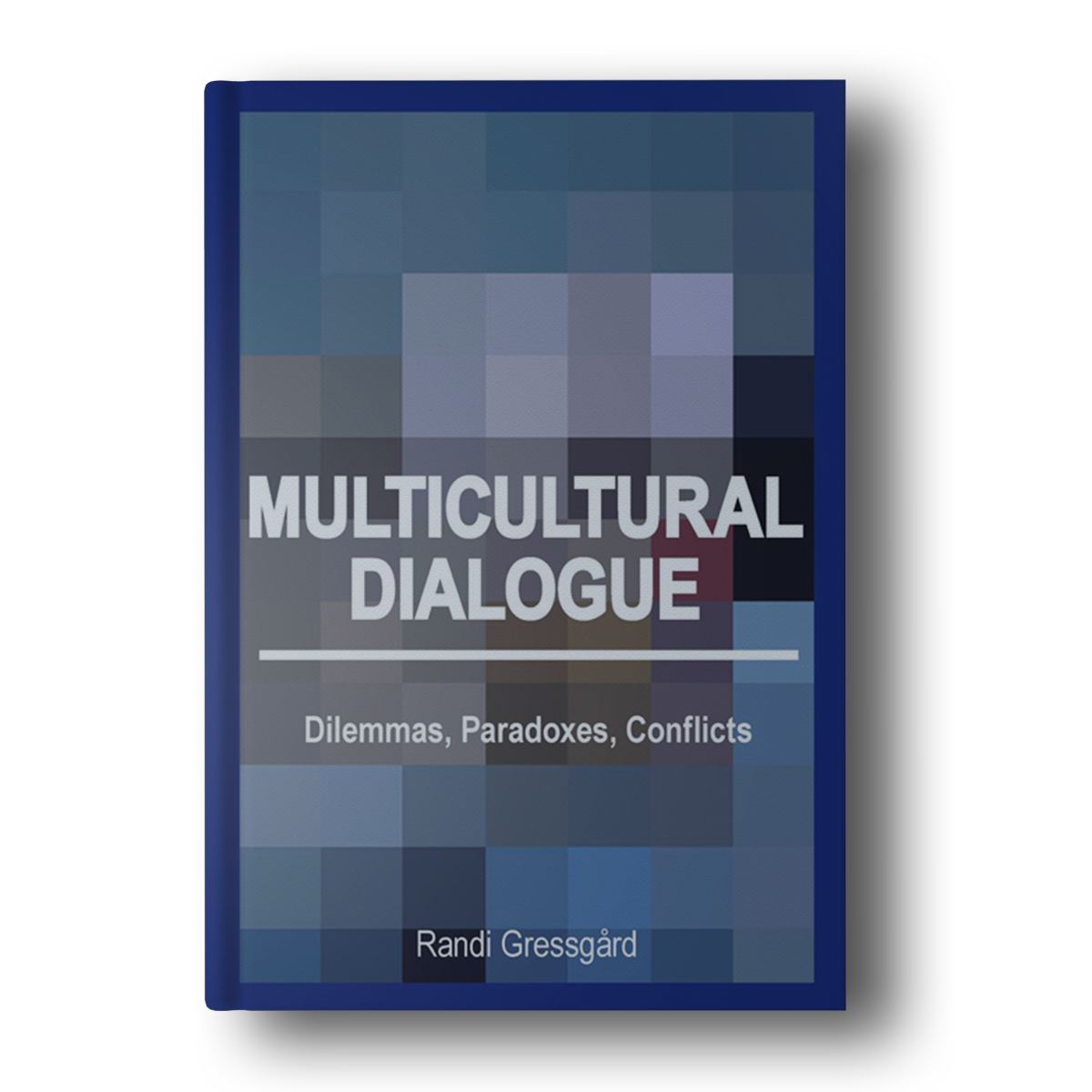
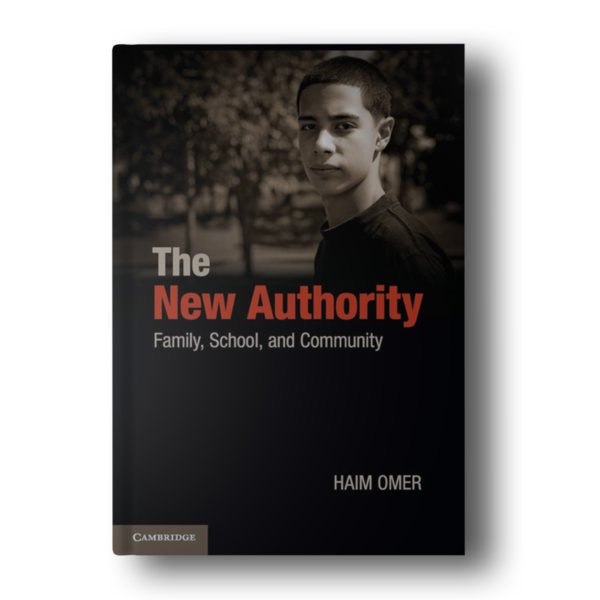
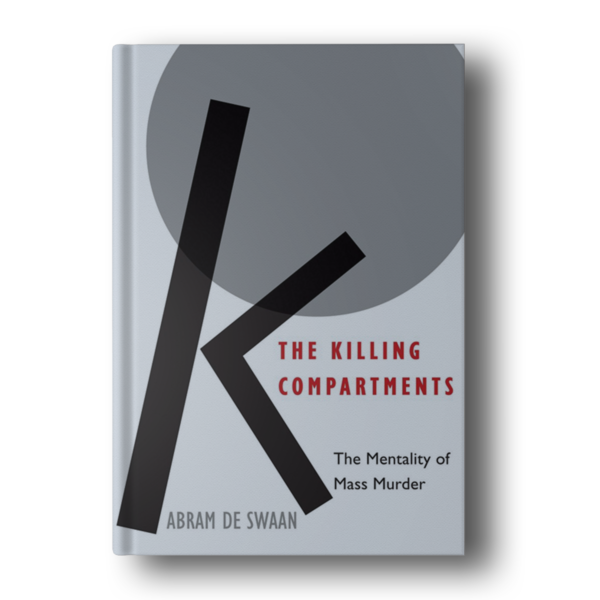

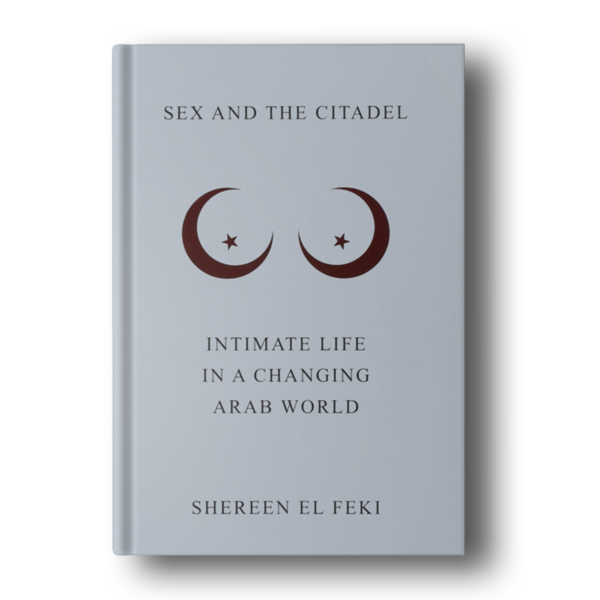

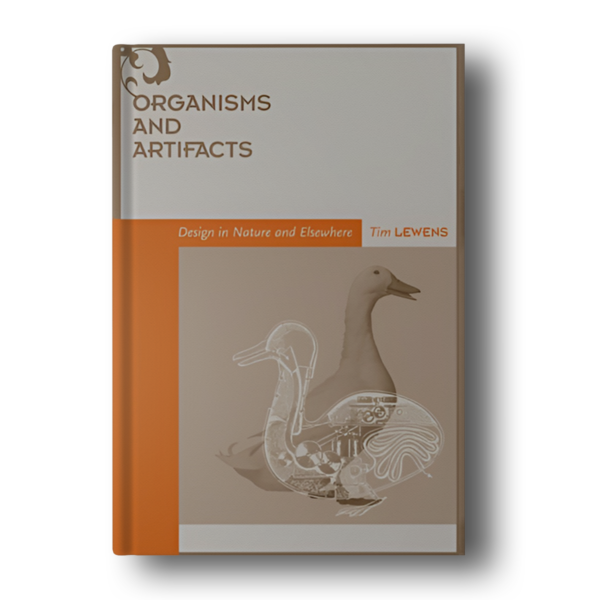

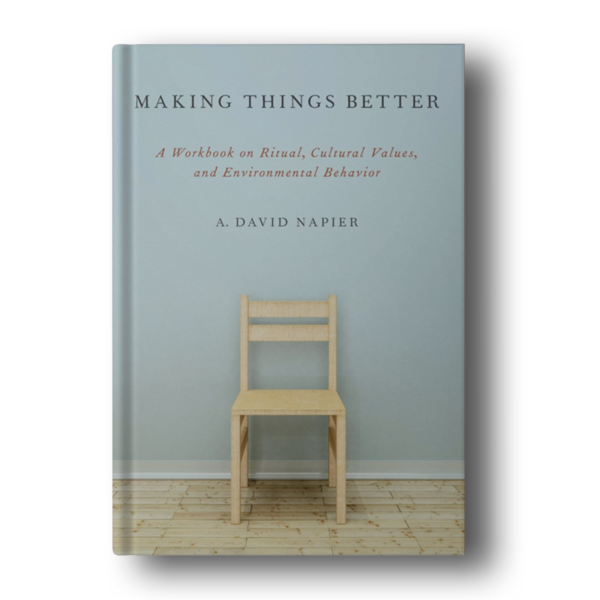
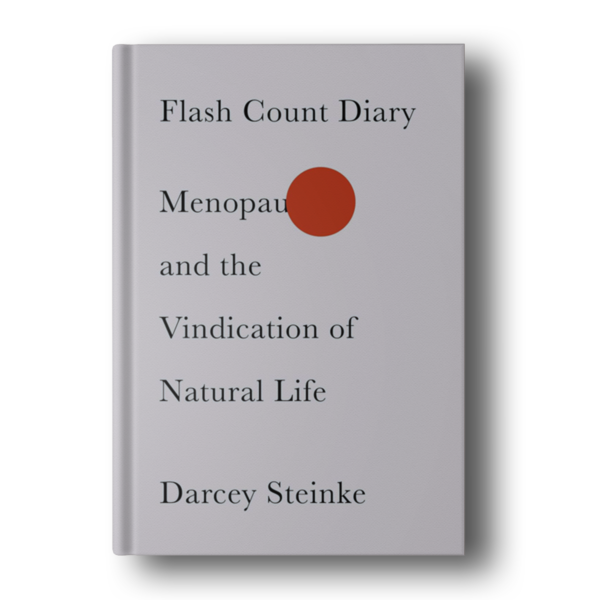
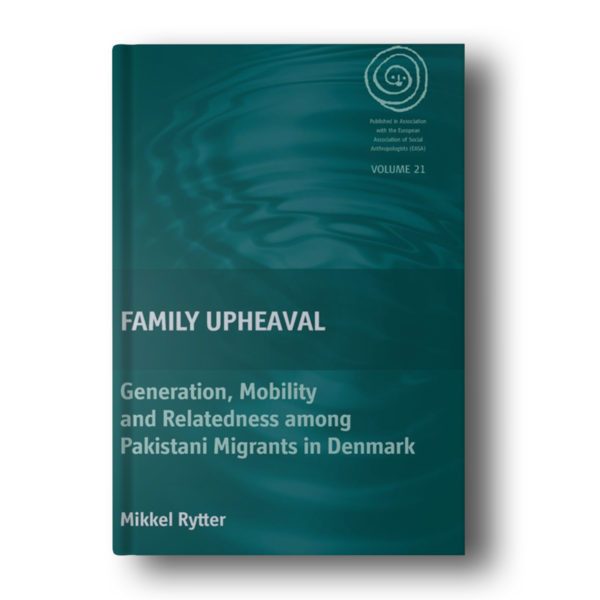
Reviews
There are no reviews yet.